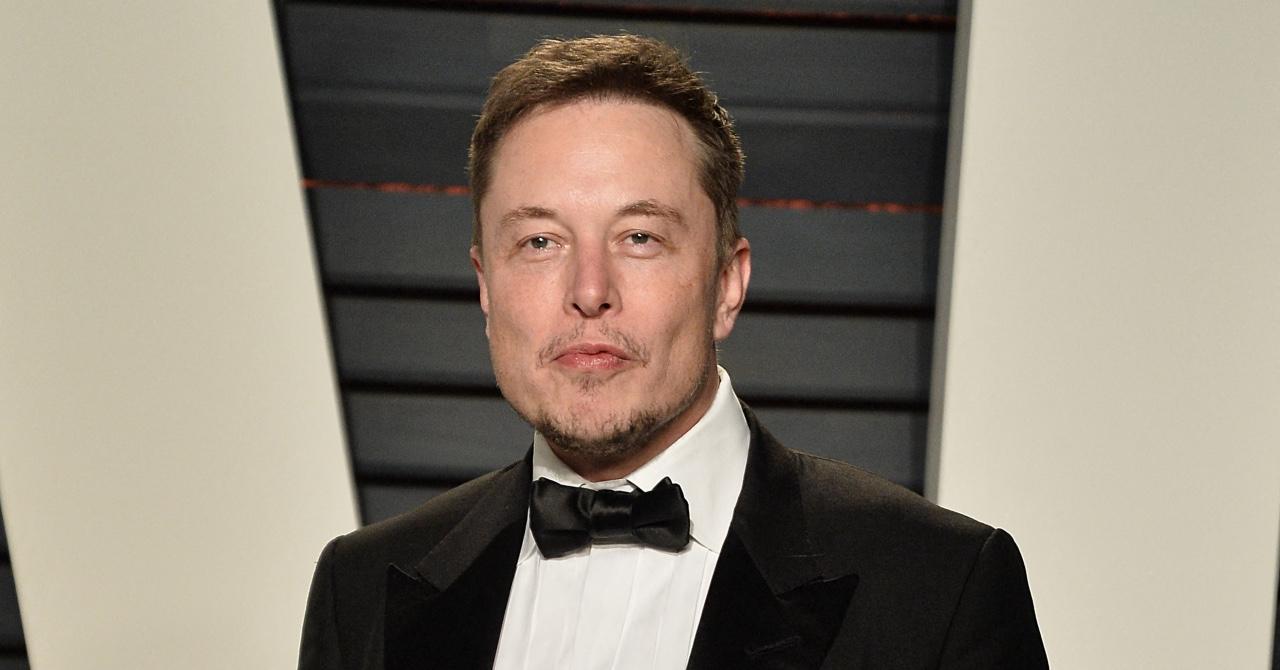
Elon Musk’s biographer has shed light on the billionaire’s complicated relationship with his father, Errol Musk. Walter Isaacson’s famous biography “Elon Musk,” published in September, depicted the driven entrepreneur as someone haunted by childhood problems, obsessed with bringing human life to Mars, and demanding that employees be “hardcore.” While Mr Musk’s childhood was well-known, Mr Isaacson highlighted the role of Mr Musk’s aggressive and manipulating father, Errol.
‘Elon Musk’ is authored by renowned biographer Walter Isaacson, a former Time magazine editor-in-chief
Mr Isaacson highlighted Elon Musk’s background in a recent visit to The Diary of a CEO podcast with host Steven Bartlett, detailing an incident that dramatically shaped Mr Musk’s perception and harmed his connection with his father. According to Isaacson, the South Africa-born Elon Musk was a “scrawny kid on the autism spectrum,” who faced frequent bullying, leaving a lasting imprint on his mind. “He had no social input-output skills. He had no friends and he was beaten up quite often,” Mr Isaacson said during the podcast. “But the scars from that were minor compared to what happened when he went back home after being beaten up once. He was in the hospital for four days.”
Upon his return home from the hospital, Musk faced a harsh reprimand from his father, Errol Musk, for being assaulted by bullies. Errol Musk, lacking empathy, deemed his son a “loser” and sided with the bully. “His father made him stand in front of him for two hours, while the father tells him he’s a loser, that it was his fault,” revealed Mr Isaacson. Elon Musk is currently not in contact with his father, according to Elon Musk’s biographer on the subsequent podcast. ‘Elon Musk’ is authored by renowned biographer Walter Isaacson, a former Time magazine editor-in-chief best known for his best-selling portrait of Apple founder Steve Jobs as well as his investigations into the lives of Albert Einstein and Leonardo da Vinci.
